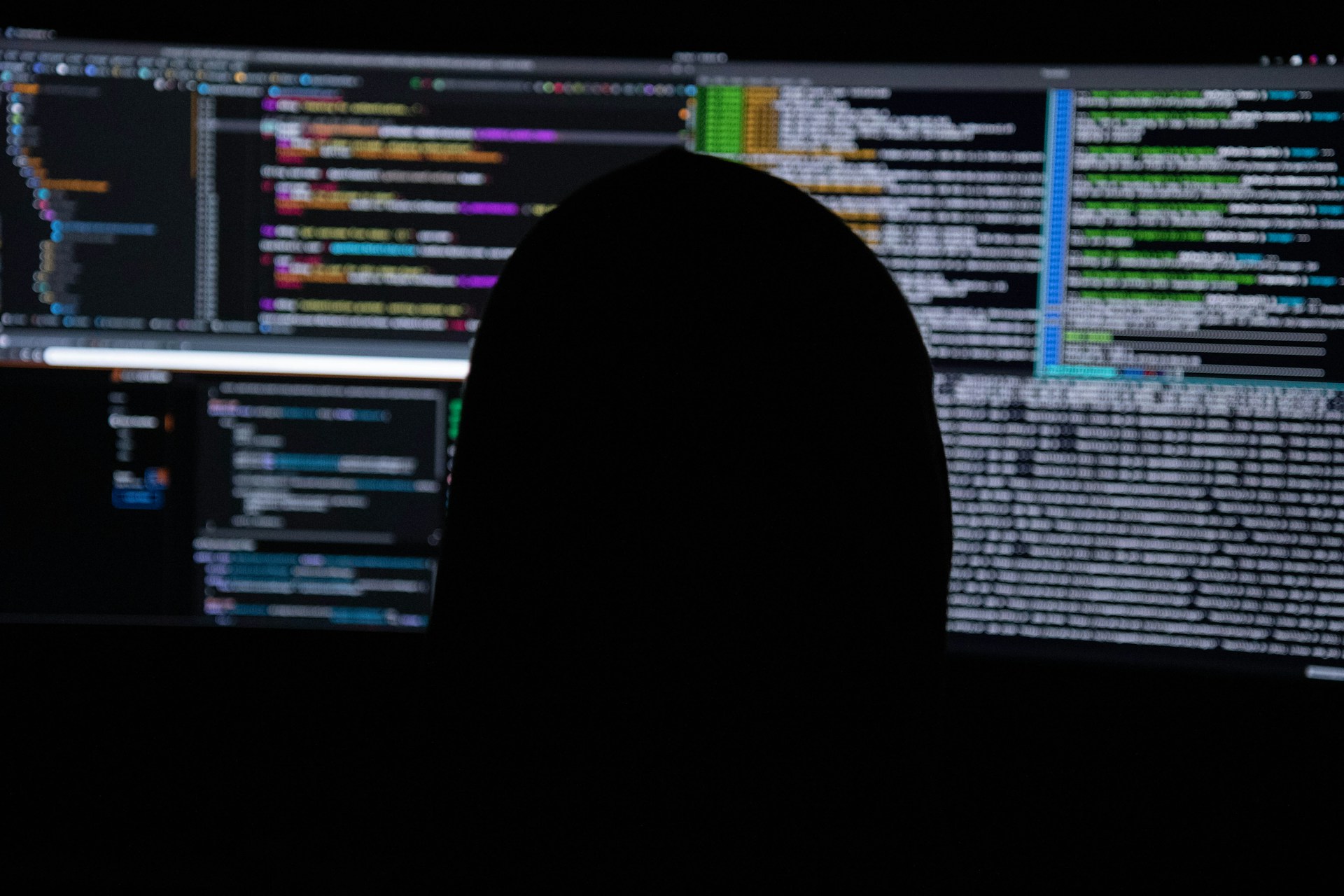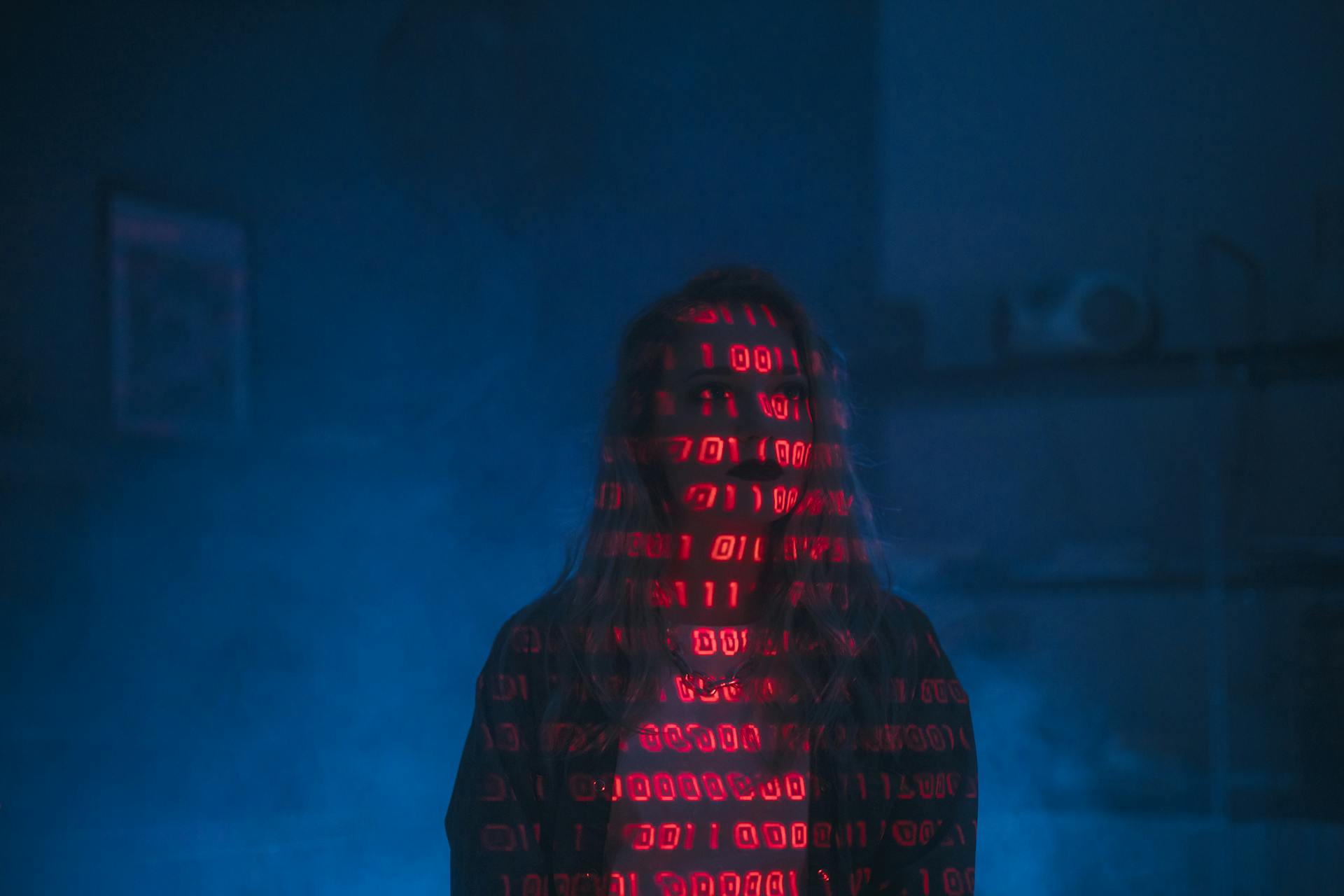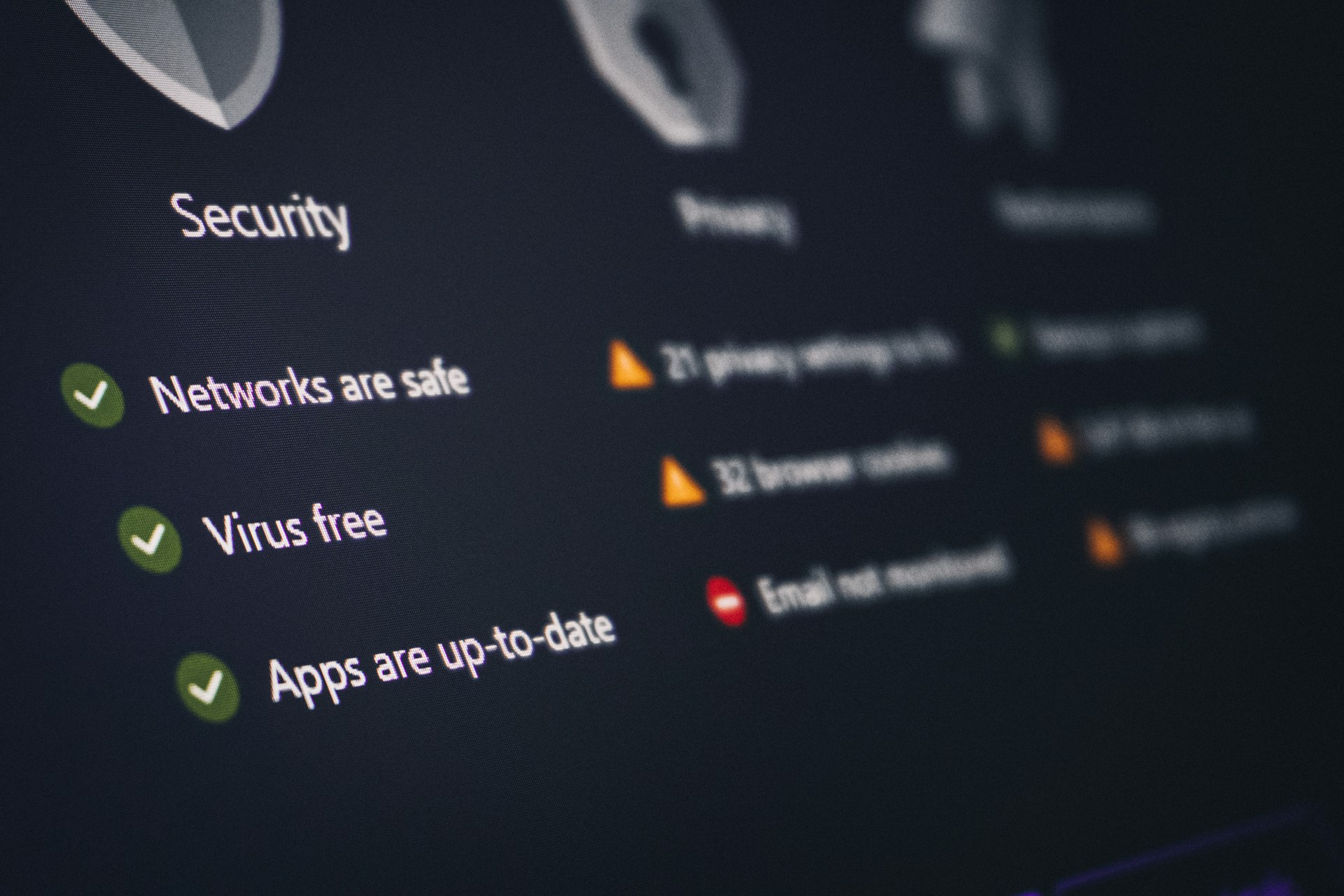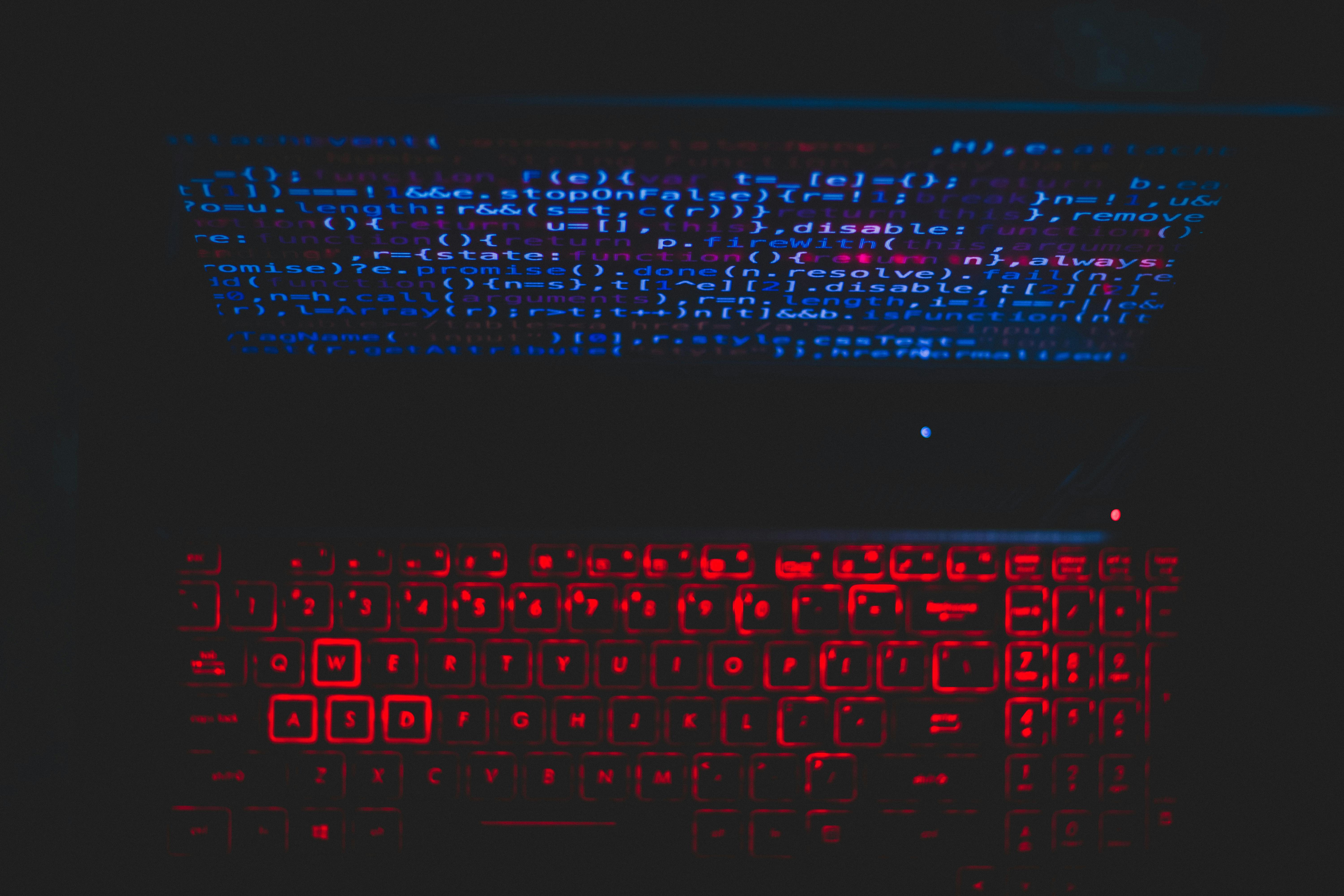
Deepfake technology has evolved from a novelty into a weapon. What began as experimental AI-generated videos has become one of the most dangerous social engineering tools in the modern threat landscape. Today, cybercriminals use deepfakes to impersonate executives, manipulate employees, and execute high-impact fraud.
To counter this emerging risk, organizations need more than just filters and AI detection tools — they need human-led defense strategies that train people to recognize and respond to synthetic threats. That’s where AI Red Teams and security awareness training come in — two pillars of proactive defense that KMicro helps businesses implement as part of a comprehensive cybersecurity strategy.
Deepfakes: The New Frontier of Social Engineering
Deepfakes use machine learning models to generate hyper-realistic audio, video, or images that mimic real people. Attackers can now clone a CEO’s voice to request a wire transfer, or fabricate a video message authorizing sensitive access.
This new wave of deception goes beyond phishing — it targets human trust. Employees trained to spot fake emails may still fall for a lifelike video call from a “trusted” leader. As generative AI becomes more accessible, the barriers to creating convincing deepfakes continue to drop.
The challenge isn’t just technical — it’s psychological. Organizations must build awareness and resilience at every level, from executives to entry-level staff. That’s where security awareness training becomes critical.
Why Traditional Cybersecurity Isn’t Enough
Firewalls, endpoint protection, and threat intelligence tools are essential — but they can’t detect manipulation that happens in the human mind. Deepfake attacks exploit the one area no algorithm can fully secure: human perception.
Traditional defenses are reactive. By the time a deepfake is detected, the social engineering attack may already have succeeded. KMicro’s human-led approach shifts the focus from detection to education and simulation, helping organizations prepare employees to recognize the telltale signs of AI-generated deception before it causes damage.
Enter the AI Red Team: Thinking Like an Attacker
To combat AI-powered threats, you have to think like one. KMicro’s AI Red Teaming approach does exactly that. By simulating deepfake and social engineering scenarios, our experts identify gaps in awareness, communication, and response processes — then help clients close them.
AI Red Teams combine human creativity with automated testing to expose vulnerabilities that standard security assessments overlook. For example:
-
Simulating a deepfake voicemail requesting urgent financial action.
-
Testing employee response to manipulated video meetings.
-
Measuring reaction times to synthetic phishing or impersonation attacks.
These controlled exercises provide data-driven insights into how prepared an organization truly is — and where additional training simulations can improve defense.
Building Awareness Through Realistic Training Simulations
Cybersecurity training is only effective when it feels real. That’s why KMicro integrates realistic, scenario-based simulations into its security awareness programs. Using AI to generate believable situations, employees learn how to analyze subtle cues — tone, context, metadata — that separate genuine communication from synthetic deception.
This hands-on approach does more than raise awareness; it builds reflexive caution. Over time, staff learn to question the authenticity of digital content, verify identities, and report suspicious behavior.
When paired with ongoing monitoring and executive briefings, these simulations transform awareness into a culture of resilience.
vCISO Leadership: Strategizing Against Emerging AI Threats
While Red Teams handle tactical defense, a vCISO ensures that deepfake defense strategies align with broader business and compliance goals. KMicro’s virtual CISOs work with leadership teams to establish governance frameworks that address synthetic media risks before they escalate.
Their responsibilities include:
-
Defining AI threat management policies and communication protocols.
-
Ensuring compliance with emerging regulations on AI-generated content.
-
Integrating deepfake awareness into company-wide incident response plans.
This strategic oversight ensures that every layer of the organization — from the SOC to HR — understands its role in detecting and mitigating deepfake threats.
Integrating Deepfake Defense Into the Modern Workplace
Deepfake resilience must extend into everyday collaboration environments. Through Modern Workplace solutions, KMicro helps secure Microsoft Teams, Outlook, and SharePoint — platforms often exploited by deepfake-enabled phishing or impersonation.
By combining identity protection, conditional access, and secure communication protocols, our solutions ensure employees can trust the content and people they interact with daily. Resilience is no longer a separate layer; it’s built into how teams work and communicate.
AI Governance and Copilot Security
As tools like Microsoft Copilot enter the workplace, AI-driven productivity must be balanced with AI governance. KMicro helps organizations implement safe and secure Copilot environments, ensuring sensitive information isn’t used in model training or exposed through prompts.
This governance extends to how employees engage with AI systems, teaching them to verify information and understand the ethical implications of generated content. The same principles that defend against deepfakes — verification, skepticism, and data control — apply here too.
The Backbone: Managed IT and Cybersecurity Operations
Behind every awareness program and Red Team exercise lies a stable, secure infrastructure. KMicro’s Managed IT Services and Cybersecurity solutions ensure that systems remain protected against both traditional and emerging threats.
Our SOC teams continuously monitor environments for signs of compromise, integrate detection tools that identify AI-generated anomalies, and provide expert-led response when needed. Human oversight ensures that when automation misses a signal, experienced analysts are there to act.
Business Applications and Licensing Security
Deepfake and social engineering attacks often target access to sensitive business systems. With Business Application services, KMicro helps secure ERP and CRM platforms against unauthorized access, privilege escalation, and data manipulation.
We also ensure that organizations maintain optimal protection across their Microsoft ecosystem with streamlined CSP Licensing — keeping security features active, compliant, and properly configured.
A Human-Led Response to Synthetic Threats
Technology created the deepfake problem, but technology alone won’t solve it. The real defense lies in human judgment — the ability to question, verify, and think critically. KMicro’s human-led security model combines advanced AI tools with the intuition and expertise of seasoned analysts and educators.
Our mission is to empower every employee to become a line of defense. Through continuous training, Red Team exercises, and vCISO-driven strategy, we help organizations transform awareness into action.
Preparing for the Future of Digital Deception
Deepfake technology will continue to advance, but so will the defenders. Organizations that integrate AI Red Teaming, training simulations, and governance frameworks into their cybersecurity programs will be best equipped to thrive in this new era of deception.
KMicro stands at the forefront of this transformation — helping businesses embed awareness, governance, and resilience into their operations from the inside out.
Learn how your organization can prepare for synthetic media threats with KMicro’s human-led cybersecurity services at KMicro.
-

How Do Ransomware Attacks Usually Start?
30 Jan, 2026
-

What Is Zero Trust Security and How Does It Work?
30 Jan, 2026
-

How Can Businesses Detect Cyber Threats Faster?
30 Jan, 2026
-

AI-Powered Threat Actors: How Cybercriminals Are Weaponizing Automation
31 Dec, 2025
-

API Security Risks in the Enterprise: The Hidden Attack Surface
31 Dec, 2025